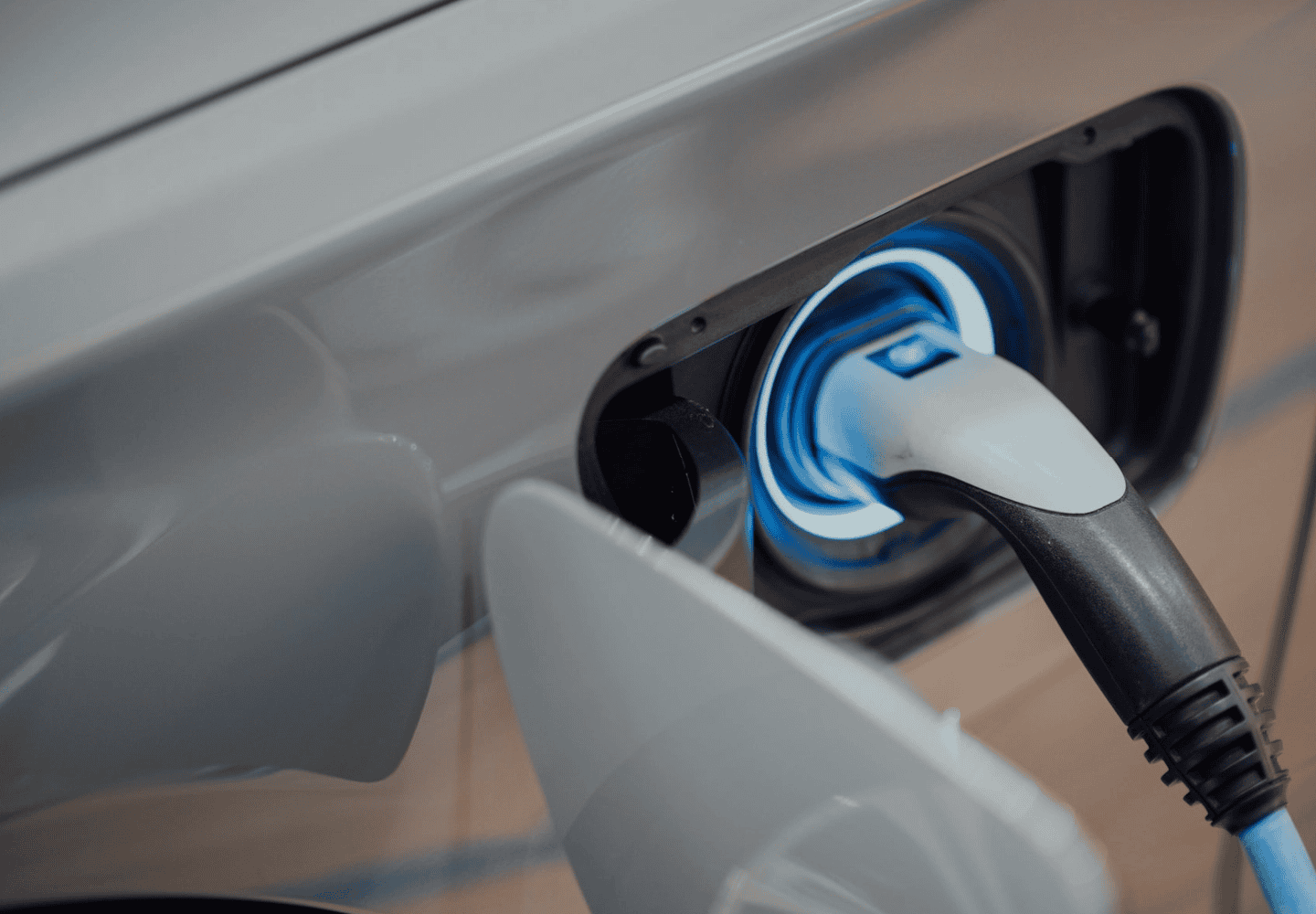Several factors, like your home’s location, roof angle, and the amount of shade it gets, determine if your house is a good fit for solar. We will use the details you provide during the solar assessment to create a custom analysis and see if solar works for your home.
Every home is different, so the number of solar panels needed depends on a few factors:
- how much power you use
- your local climate
- the amount of direct sunlight your roof gets, including shading and roof direction.
We will use the details you provide during our solar assessment to create a custom design for your home solar system.
Net metering and battery storage help you use solar power at night when your panels aren’t generating electricity. With net metering, you send extra electricity produced during the day back to the grid and earn credits. You can use these credits to offset your electricity use at night.
Battery storage lets you store the extra energy your solar panels produce during the day and use it later when the sun isn’t shining. Both options reduce your reliance on the grid and help ensure you are covered day and night.
Solar systems automatically turn off during a power outage to protect utility workers working on power lines. This means the solar system won’t provide power to your house during an outage.
Once the utility restores power to the grid, the system will turn back on by itself. However, if your home solar system has battery storage, you can use stored energy as backup electricity during an outage.
Yes, shade can reduce your solar energy output. When trees or obstacles shade solar panels, they block sunlight and reduce energy production.
We design your system to consider shading, but it’s best to regularly trim trees to minimize the amount of shade on the panels.
Yes, your solar system will generate power for your home all year, but the amount of power it produces will change with the seasons.
Solar production is usually highest in the summer because of long days and plenty of sunshine. In the winter, production drops due to shorter days.
We design our solar systems to account for all four seasons, and we factor this seasonal change into your solar production estimate.
Solar panels for homes in Canada require little to no maintenance. Modern solar panels are durable and built to handle weather like rain, sleet, hail, snow, and strong winds.
In snowy areas, you might need to clear off heavy snow using room temperature water, but light snow usually slides off if the panels are tilted. Dusty areas may need occasional cleaning, but in Canada, where dust is minimal, cleaning is rarely needed.
Microinverters are better than string inverters because they allow each solar panel to work independently. This means if one panel is shaded or not working well, it won’t affect the others.
Microinverters also provide better monitoring for each panel and are safer because they convert DC to AC power right at the panel. Additionally, they make it easy to expand your solar system in the future without changing the entire setup. You can find our microinverters in our online shop.
We use your electricity usage to design a custom solution that fits your home’s energy needs. Because electricity use can change with the seasons, we ask for at least a full year of energy data to design the right system for you.
Every utility in Ontario and Nova Scotia provides Green Button data, allowing electricity customers to access and manage their energy use online. The data is in a standard format, making it easy to analyze and share with a third party like Kizuna.
We can use this data to analyze your energy usage during the assessment process and design a custom solution for you, whether you are looking for an EV Charging, Battery Backup or Solar solution .
A kilowatt-hour (kWh) measures energy use. It shows how much energy you use or produce over time. One kilowatt-hour is equivalent to using 1,000 watts of power for one hour. For example, if you run a 1,000-watt appliance for one hour, it uses 1 kWh of energy.
Your local utility will track kilowatt-hours to measure electricity use and calculate your bill.
Installing solar panels can protect and extend the life of your roof. The panels are securely mounted and sealed to prevent water leaks, making them waterproof. They also shield your roof from rain, snow, and UV rays, reducing wear and tear. By protecting your roof from the elements, solar panels can help it last longer.

